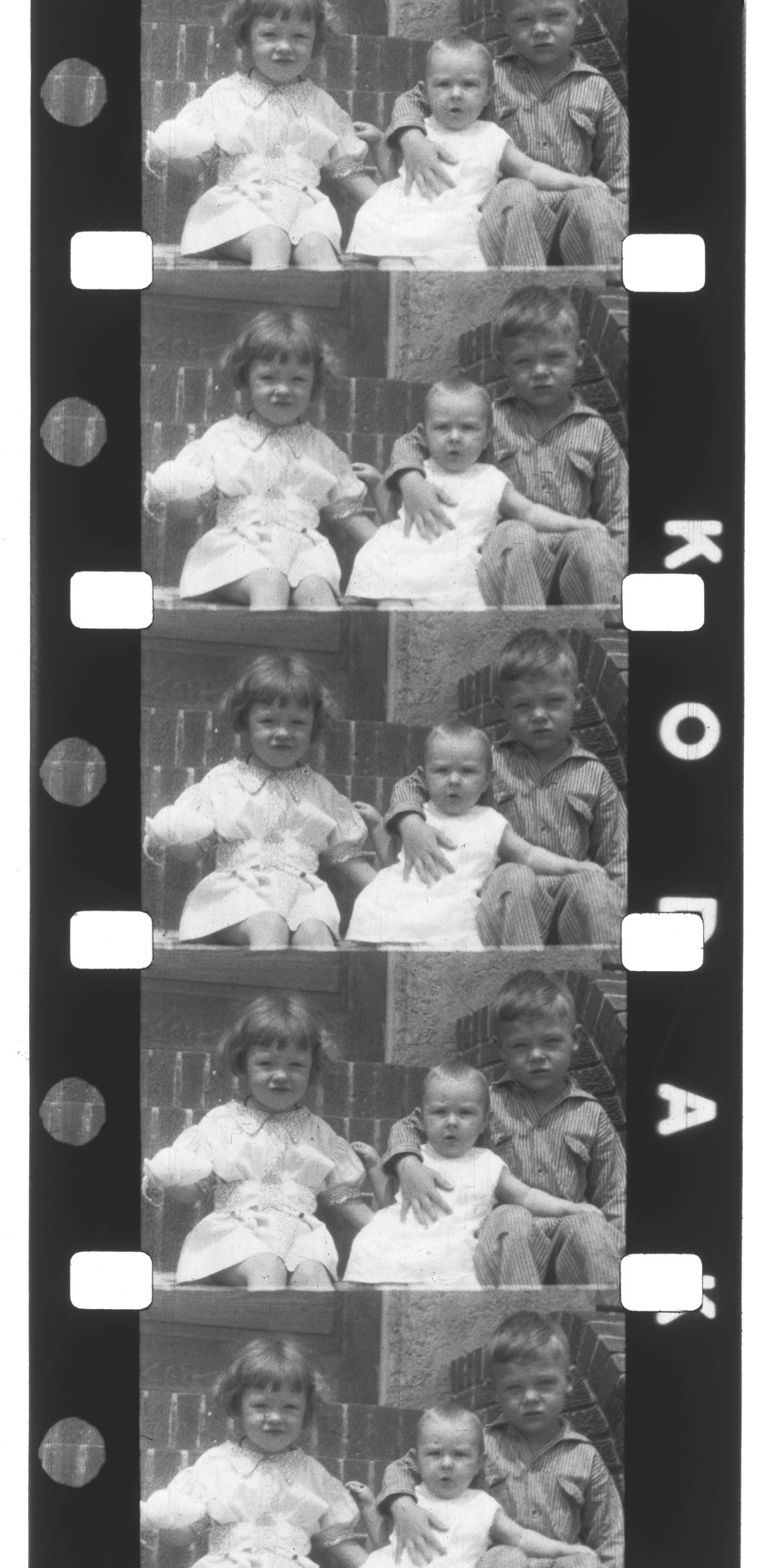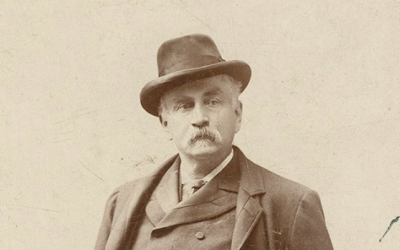
Archives Month, October 2017
Home Movie Day is a celebration of amateur filmmaking held annually. For some, it means attending a home movie screening at many local venues worldwide; for others, it’s a chance to pull out the ol’ home movies and make a family event of reminiscing over times gone by. For everyone, it’s an opportunity to discover why you should care about these films and to learn how best to preserve them.
Noted documentary filmmaker Ken Burns said of Home Movie Day: “It is the perfect opportunity for people to connect with our past and to move the conversation about preserving our cultural heritage into the future.”
A growing number of local archives, museums and historical societies are interested in collecting home movies. At the Nebraska State Historical Society, we have nearly 100 family and personal collections of home movies, amounting to several hundred reels of 8mm, Super-8 and 16mm film. All of the Society’s home movie collections will be included in the Center for Home Movies’ upcoming Home Movie Archives Database, a massive project now in the works to seek out and document home movie collections nationwide.
To see some of excerpts from the Society’s home movie holdings, check out the playlist on our YouTube Channel: https://www.youtube.com/playlist?list=PLacZ6_f2bf0XNnYkUDof-2u8M3ZT8TuV6
How should you preserve your home movies on film? Audiovisual Curator Paul Eisloeffel suggests these tips:
-
- Store your films in a cool, dry place, away from sources of fumes and water. Unfinished attics and basements are usually not good venues.
-
- If possible, don’t view them on a projector. Projectors can put a lot of strain on a film, especially on the sprocket holes. Use a tabletop viewer if possible.
-
- Have your films transferred to a digital format by a reputable lab. This makes it easier for you to view and share the content of the films. Make sure the lab inspects, cleans and repairs the films before transfer. However, if you do this, don’t dispose of the original film – stored properly, the film will long outlast digital media.
-
- Describe the scenes in your films. Get family members and friends to help if necessary. Number the reels and list on separate paper. This makes sure that the content is understood by later generations.
-
- Consider offering your home movies to an archives, library or museum. Depending on their content, your films may be useful to preserving local history.




